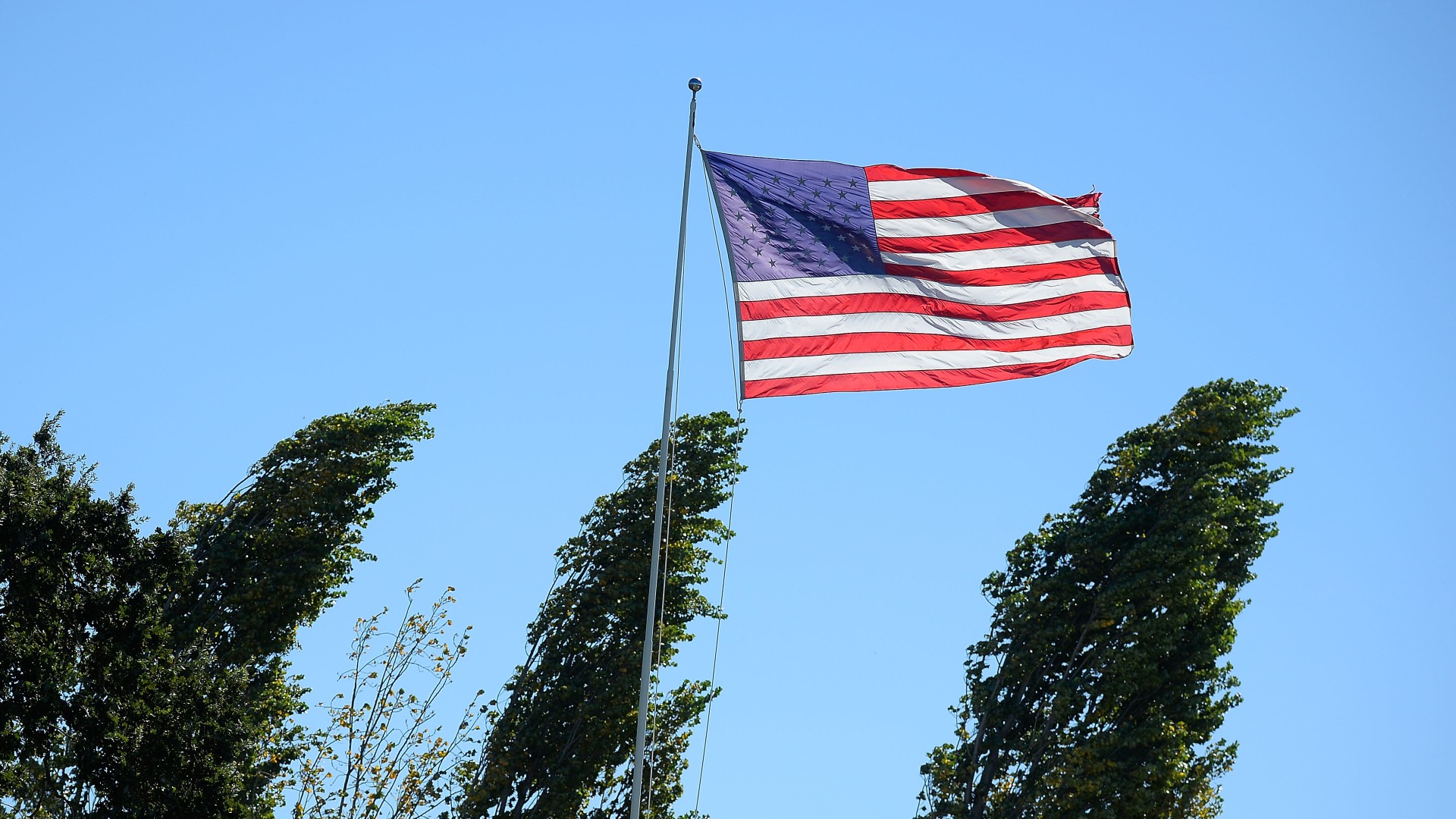
A settlement has been reached in the lawsuit filed on behalf of 50 women who sued Pornhub's parent company for hosting videos produced by former San Diego-based website GirlsDoPorn.com, the owners and operators of which were charged by federal prosecutors with sex trafficking.
Terms of the settlement were not disclosed in a brief court document filed Friday indicating a stipulated dismissal of the case brought by the plaintiffs, identified as Jane Does 1 through 50.
The women alleged that Montreal-based MindGeek owns and operates a multitude of pornographic sites that have hosted videos featuring the women, and maintained its business relationship with GirlsDoPorn even as the site came under scrutiny for allegations of videos made through coercion and fraud.
Get top local stories in San Diego delivered to you every morning. Sign up for NBC San Diego's News Headlines newsletter.
The suit alleged MindGeek's business partnership with GirlsDoPorn continued through late 2019 and only ended because GirlsDoPorn ceased to exist amid a Department of Justice sex trafficking investigation.
Six people associated with GirlsDoPorn were charged by the local U.S. Attorney's Office. Three have pleaded guilty, with producer and porn actor Ruben Andre Garcia sentenced to 20 years in prison earlier this year.
The website's owner, Michael James Pratt, remains a fugitive, and federal authorities recently raised a reward for information leading to his capture to $50,000.
Local
The site's owners were also sued in San Diego Superior Court by 22 women, who were awarded nearly $13 million by San Diego Superior Court Judge Kevin Enright.
The women alleged they were coerced to film pornographic videos or led to believe their videos would only be distributed to private owners, rather than proliferated online on GirlsDoPorn's subscription website, as well as numerous free sites, many of which are owned by MindGeek.
Several of the women alleged they were lured to San Diego with online advertisements that made no mention of nudity or pornography, much less the GirlsDoPorn business name.
Enright ruled the defendants pressured the women to sign documents replete with "broad, vague releases couched in disorganized, complicated legalese," which obscured the victims' concerns over potential online dissemination.
Other women hired as "reference models" allegedly spoke to uneasy victims over the phone and claimed they had been featured in prior videos without issue, falsely assuring victims that their videos would not end up on the internet.
Once the women discovered their videos were posted online, the website owners ignored requests to take the videos down and cut contact with the women altogether, Enright ruled. The women also alleged GirlsDoPorn's owners shared links to their videos with people within the victims' social circles in order to drive up website traffic.



